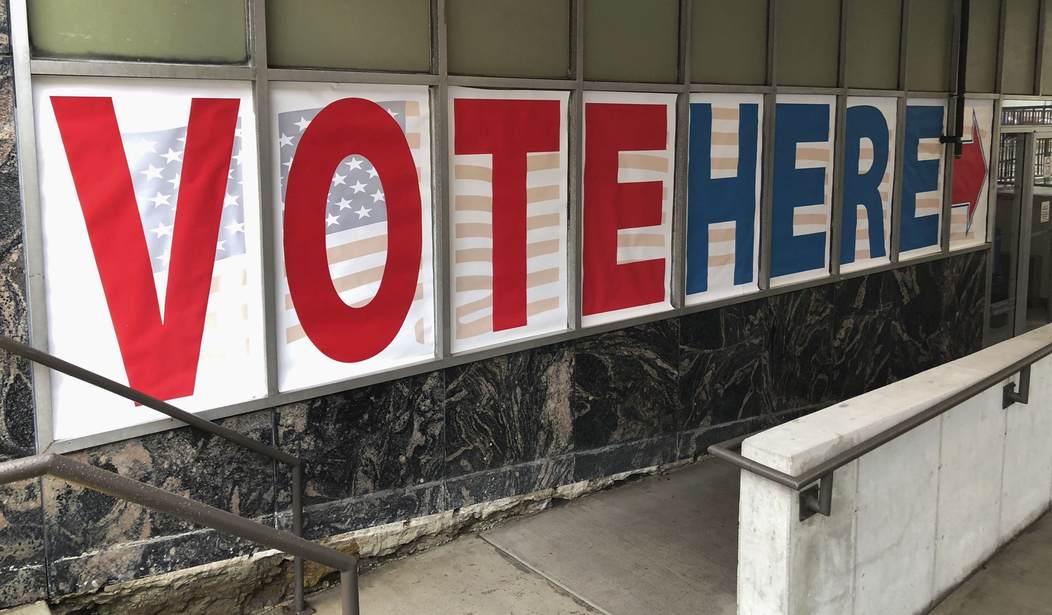When it comes to winning elections, money isn’t everything. It does, however, help you with the three most important things: Name ID, name ID, and name ID.
Take, for example, one of the nation’s most politically competitive states, North Carolina. As in other battleground states, elections have become more expensive in North Carolina each cycle. This applies not just to races at the top of the ballot but also to some lower down on the ballot, like state legislative races. In North Carolina, the amount a winning legislative candidate may spend on a campaign ranges from as little as $2,000 to an exorbitant $4 million.
Since the general election, I’ve broken down the finances of the two major state parties and each legislative candidate and how they spent their money. The most notable takeaway is that while individual candidates need to raise money themselves, both parties rely heavily on party financing to win the state’s most competitive seats.
More than $14.8 million was transferred to candidates from political parties in the 2024 election for the 120 North Carolina state House seats. Though the data show that competitive seats were prioritized, the two major parties allocated their money very differently in certain races.
Both parties heavily emphasized the competitive districts in the state’s largest counties: Wake and Mecklenburg. Apart from Democrat-turned-Republican Tricia Cotham’s race in House District 105, party funding was nearly twice as much for Democrats than for Republicans in House Districts 35 (northern Wake County), 37 (southern Wake County), and 98 (northwestern Mecklenburg County). Three of these four competitive seats were considered “Lean Republican” by the Civitas Partisan Index (CPI), while House District 98 was considered a toss-up at an R+1.
Republicans won three of those races despite their candidates being heavily outspent, but this was not the case for two competitive districts in counties surrounding Wake. Simply put, Democrats were able to defeat Republican incumbents in House Districts 24 (Wilson and Nash counties) and 32 (Granville and Vance counties) by very narrow margins after outspending them.
Recommended
The race for aforementioned District 24 was exceptionally expensive. Republican candidate Ken Fontenot lost by roughly 900 votes after being outspent by more than $1 million. Dante Pittman, the Democratic candidate, secured this seat after spending a staggering $1.64 million in effective campaign spending, which led to a cost per vote of $76.57, the highest for any legislative candidate in the state.
Democrats could have picked up an additional seat in nearby House District 25 (Nash County). Although both candidates raised nearly the same amount, Democratic candidate Lorenza Wilkins was outspent by $200,000. This may have allowed incumbent Republican Rep. Allen Chesser to win by 461 votes.
According to the CPI, all three of these seats were Democratic-leaning. It’s worth noting that Republicans lost the Democratic-leaning seats when they were heavily outspent in this region.
Democrats did spend heavily in competitive races around Wake and Mecklenburg counties, but they appear to have provided little, if any, party funding to competitive races in areas like Pitt County or the Triad region.
Competitive R+3 districts like House District 9 (Pitt County) and House District 63 (Alamance County) did not receive any party funding, but the lack of funding is more noticeable in House District 74 (Forsyth County). Even though severely underfinanced by her party, Democrat Amy Taylor North raised a respectable amount of funds and came out with 48 percent of the vote in this R+5 district. If her fundraising had been comparable to that of her Republican opponent, the seat could have been a potential Democratic flip.
Money is not everything in a campaign; just because a candidate is out-funded does not mean he or she will lose the election. Rep. Lindsey Prather (D-Buncombe) or Rep. Mike Schietzelt (R-Wake) are good examples of how money alone doesn’t win an election. What funding does provide is a way for candidates to get their names and maybe their messages in front of voters. For highly competitive seats, funding is vital for winning over split-ticket voters and getting low-propensity voters to the polls.
Because so many of these competitive seats relied on party money, how political parties strategically spent their money was vital to the election results. Although Democrats did break the House supermajority by throwing significant money into competitive seats in the counties surrounding Wake, they essentially gave up on several other competitive seats throughout the state. If Republicans had reallocated money differently, they could have kept their supermajority.
What we can see from all this is that the 2026 election will depend on which party not only can raise more money but also can learn more from its mistakes in the past election.
Jim Stirling is a Research Fellow at the John Locke Foundation’s Civitas Center for Public Integrity in Raleigh, NC.

























Join the conversation as a VIP Member